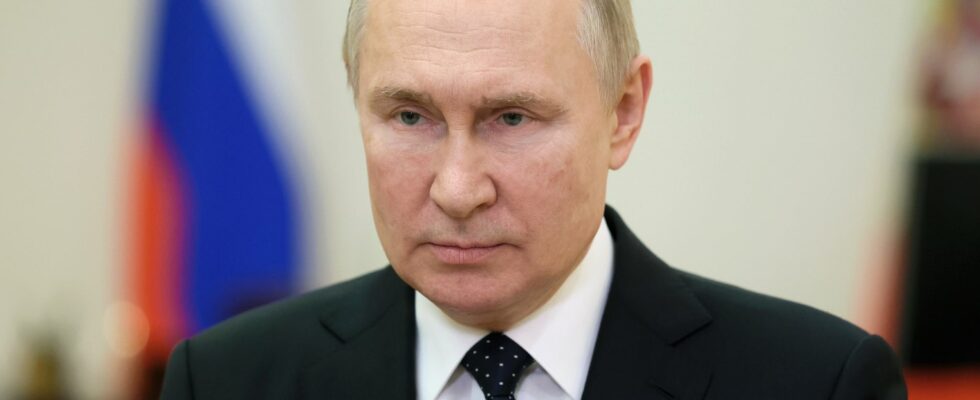Russia will “probably” be able to attack the North Atlantic Alliance from the end of the current decade, the German secret services warned this Monday, October 14, warning against the “unprecedented level” of acts current interference from Moscow.
“In human and material terms, the Russian armed forces will probably be able to carry out an attack against NATO by the end of this decade,” said the head of the German spy and counter-espionage services (BND), Bruno. Kahl, during a public hearing in the Chamber of Deputies. According to him, “a direct military conflict with NATO becomes an option for Russia.”
The three German intelligence services, which were interviewed, all warned of the growing danger, according to them, represented by the activities of the Russian secret services in the country.
“A real hurricane”
The president of the military counter-espionage service, Martina Rosenberg, reported a “significant increase in acts of espionage and sabotage” targeting the German army. “Russian espionage and sabotage are increasing in Germany, both quantitatively and qualitatively,” added the head of Domestic Intelligence, Thomas Haldenwang.
Thomas Haldenwang has accused Moscow of being behind the case of a package which caught fire at a center of the carrier DHL in Leipzig (east) in July. If the package “had exploded on board during the flight, there would have been a crash”, he said, also mentioning disinformation campaigns and cases of use of spy drones. From a “storm”, the Russian threat has “become a real hurricane” which moves “from east to west”, he added in a metaphor with the Baltic States and Poland, where Russian actions “are very more brutal than they are now here.
“Moscow is preparing for a further escalation in terms of hybrid and secret actions,” said Bruno Kahl. With acts of interference which have reached an “unprecedented level”, the Kremlin wants to “test the red lines of the West”, estimated the director of the secret services. At the same time, the German government announced on Wednesday measures aimed at strengthening security controls, particularly on social networks, in the face of increased risks of espionage in ministries and sabotage of critical infrastructure.
